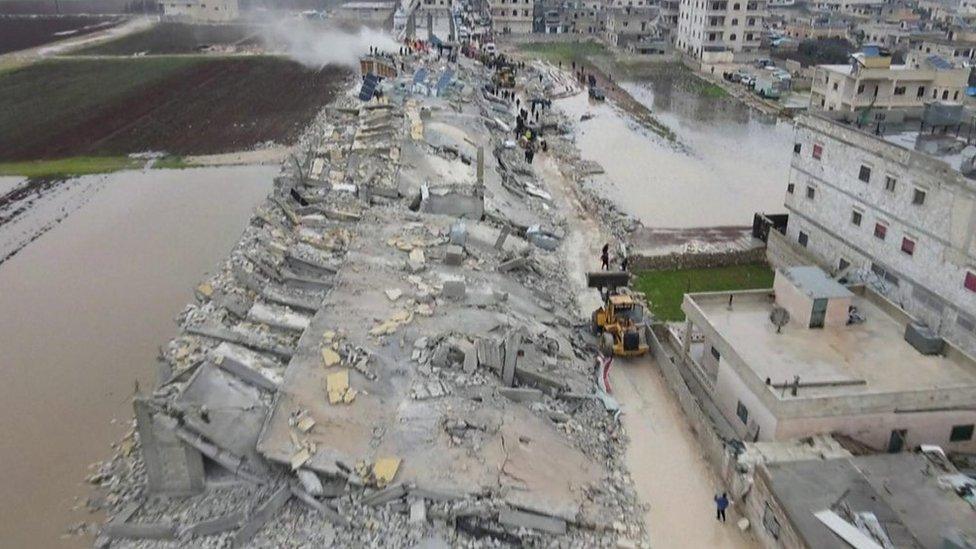Turkey-Syria earthquake: First aid convoy reaches opposition-held Idlib
- Published
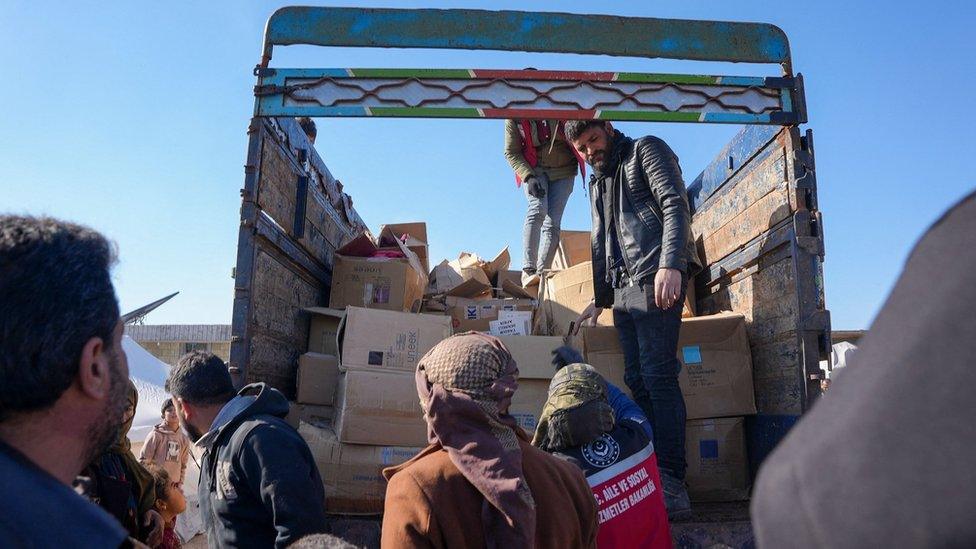
Those affected by the earthquake in opposition-held Syria have had to rely on local organisations for aid
The first convoy of UN aid for opposition-held north-west Syria since Monday's devastating earthquake has crossed into the region from Turkey.
The UN said six lorries carrying shelter and relief supplies had gone through Idlib's Bab al-Hawa crossing.
The shipment had been due before the disaster, which caused damage to roads and temporarily halted deliveries.
Local rescuers expressed disappointment at the failure to send the specialist equipment they need to save lives.
"The UN aid... is the regular and periodic assistance that has been occurring since before the earthquake," tweeted the White Helmets, external, an organisation whose volunteer first responders operate in the region.
"It is not special aid and equipment for the search and rescue teams, and the recovery of those trapped under the rubble."
The UN migration agency, the International Organization for Migration (IOM), said the lorries were carrying blankets, mattresses, tents and shelter material, external, as well as basic relief items and solar lamps, to cover the needs of at least 5,000 people.
"We are working very closely with authorities to support in any way we can and hope that aid will quickly reach those most impacted," said its director general, António Vitorino.
UN Secretary General António Guterres said: "More help is on the way, but much more is needed."
The White Helmets have reported at least 1,970 deaths since the 7.8-magnitude earthquake struck southern Turkey in the early hours of Monday.
They have warned that the figure is likely to rise significantly because hundreds of families are still trapped beneath 418 destroyed and more than 1,300 partially destroyed buildings.
Watch: How rescuers' videos give glimpse into Syria quake horror
On Thursday morning, as the window to find survivors narrowed, the White Helmets said the lack of heavy machinery was significantly hampering their work and appealed to the international community for help.
Harsh winter weather conditions have also complicated the operation, while major power outages have resulted in fuel shortages at hospitals overwhelmed by the 2,950 injured survivors.
"The situation is very bad. And there is no aid," Ibrahim Khalil Menkaween told Reuters news agency in the town of Jindayris.
The 56-year-old, who lost seven members of his family including his wife, was waiting next to the remains of his home with a body bag to give to rescuers.
"I'm holding this bag for when they bring out my brother, and my brother's young son, and both of their wives," he explained.
Even before the earthquake struck, 4.1 million people - most of them women and children - were relying on humanitarian assistance to survive in the opposition-held north-west, which is controlled by a jihadist alliance and Turkish-backed rebel factions opposed to President Bashar al-Assad.
Last year, about 600 lorries carrying aid crossed from Turkey each month via Bab al-Hawa, the only border crossing that the UN is authorised to use. All other deliveries are meant to go via Damascus, although in the past the government has facilitated only a small amount of so-called "cross-line" aid.
The UN special envoy for Syria said on Thursday that earthquake-affected regions of the country had received "nowhere near enough" lifesaving aid and warned that assistance must not be "politicised".
"We need it urgently through the fastest, most direct and most effective routes. They need more of absolutely everything," Geir Pedersen told reporters in Geneva.
He was speaking after a meeting of the UN's humanitarian task force for Syria, which includes Russia and Iran, whose forces have backed the Syrian government in the country's 12-year civil war, as well as Turkey, the United States and the European Union, which support the opposition.
The UN top aid official in Syria, El-Mostafa Benlamlih, has said the country is experiencing a "crisis on top of a crisis", with 10.9 million people affected by earthquake nationwide.
Aid from countries including Iran, Iraq, Iran, Jordan, the United Arab Emirates, Oman, Egypt, India and Venezuela has already reached government-controlled areas, where the health ministry says at least 1,260 people have been killed.
The government has suggested that lifting US and EU economic sanctions would help to speed up its emergency response. However, the EU has said the sanctions do not prohibit the export of food, medicines or medical equipment.
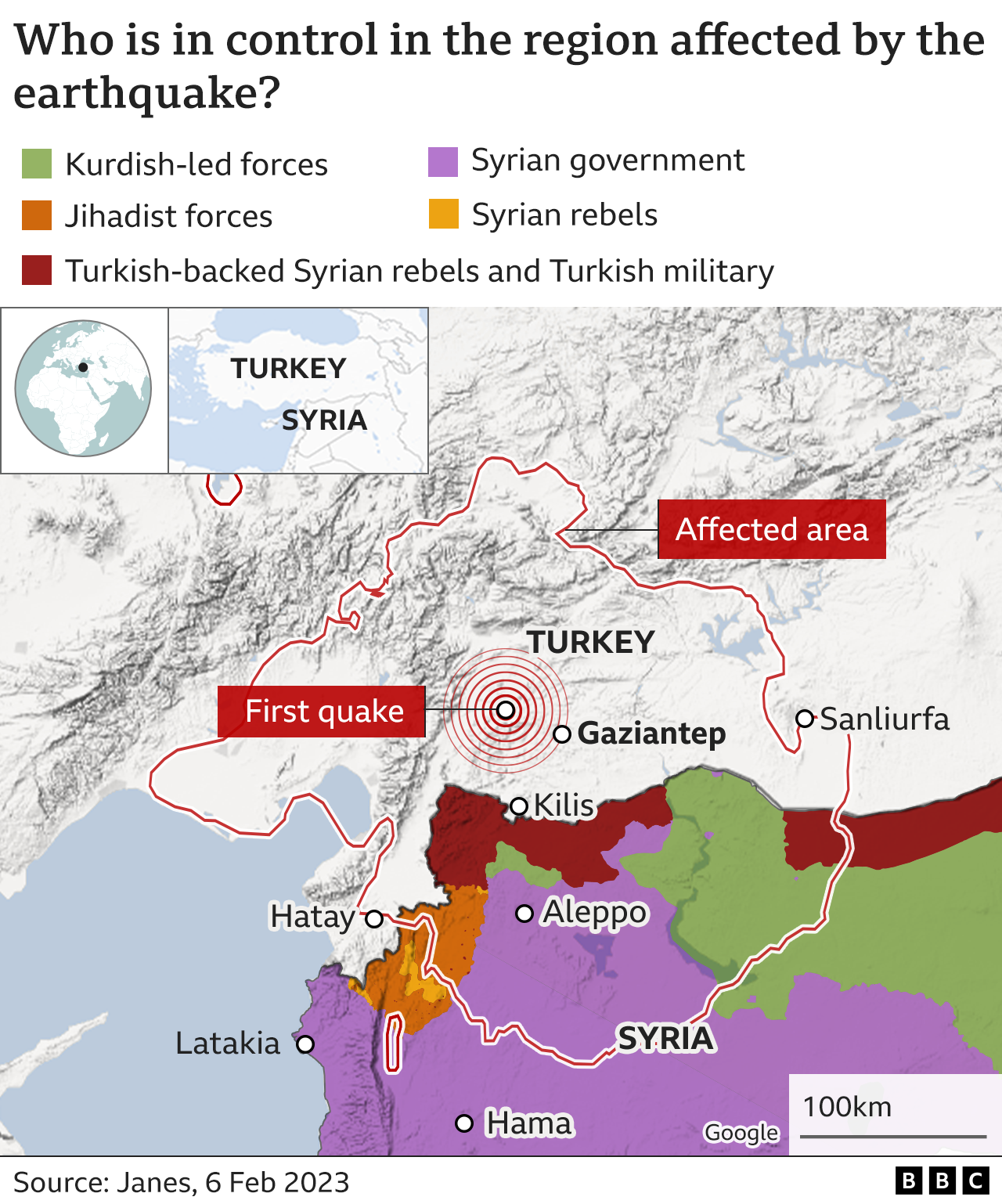
Related topics
- Published9 February 2023
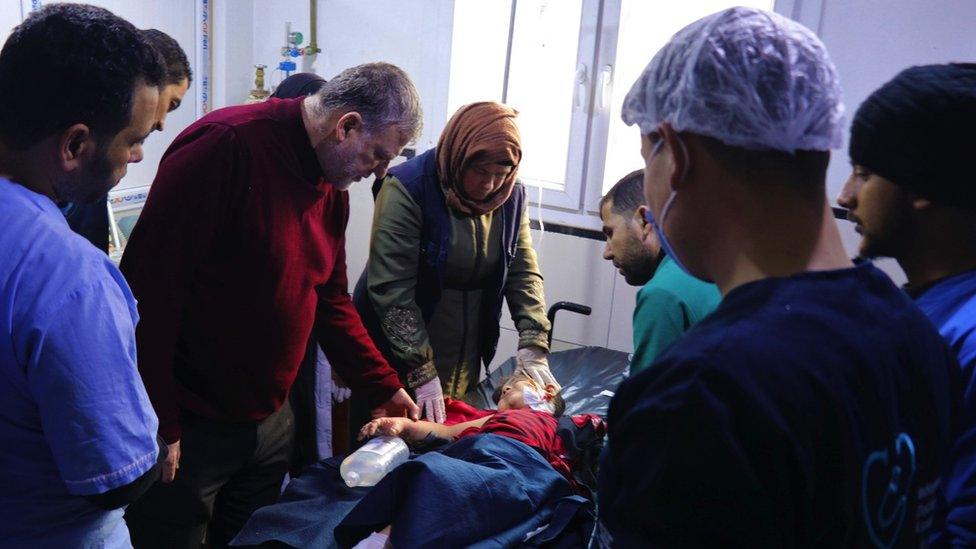
- Published8 February 2023
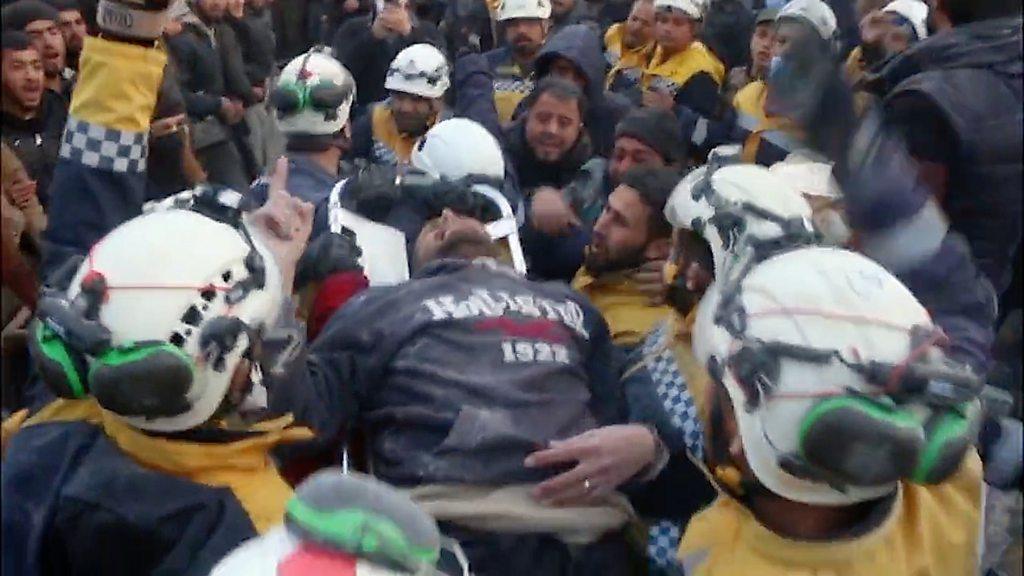
- Published8 February 2023
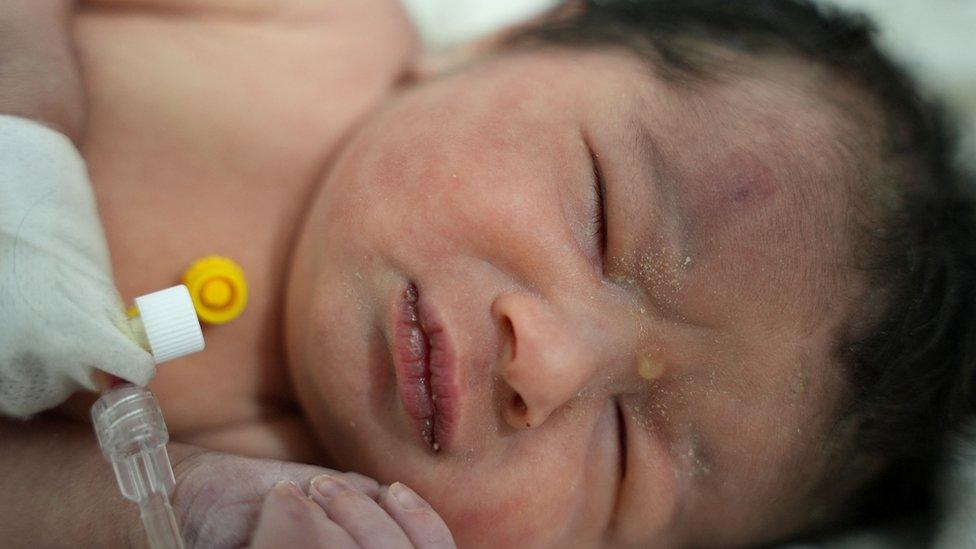
- Published7 February 2023
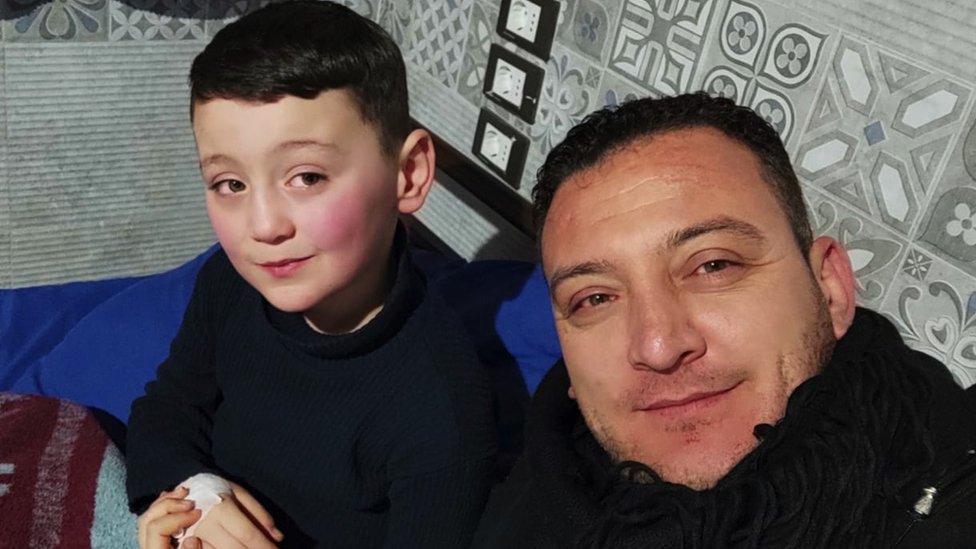
- Published6 February 2023
